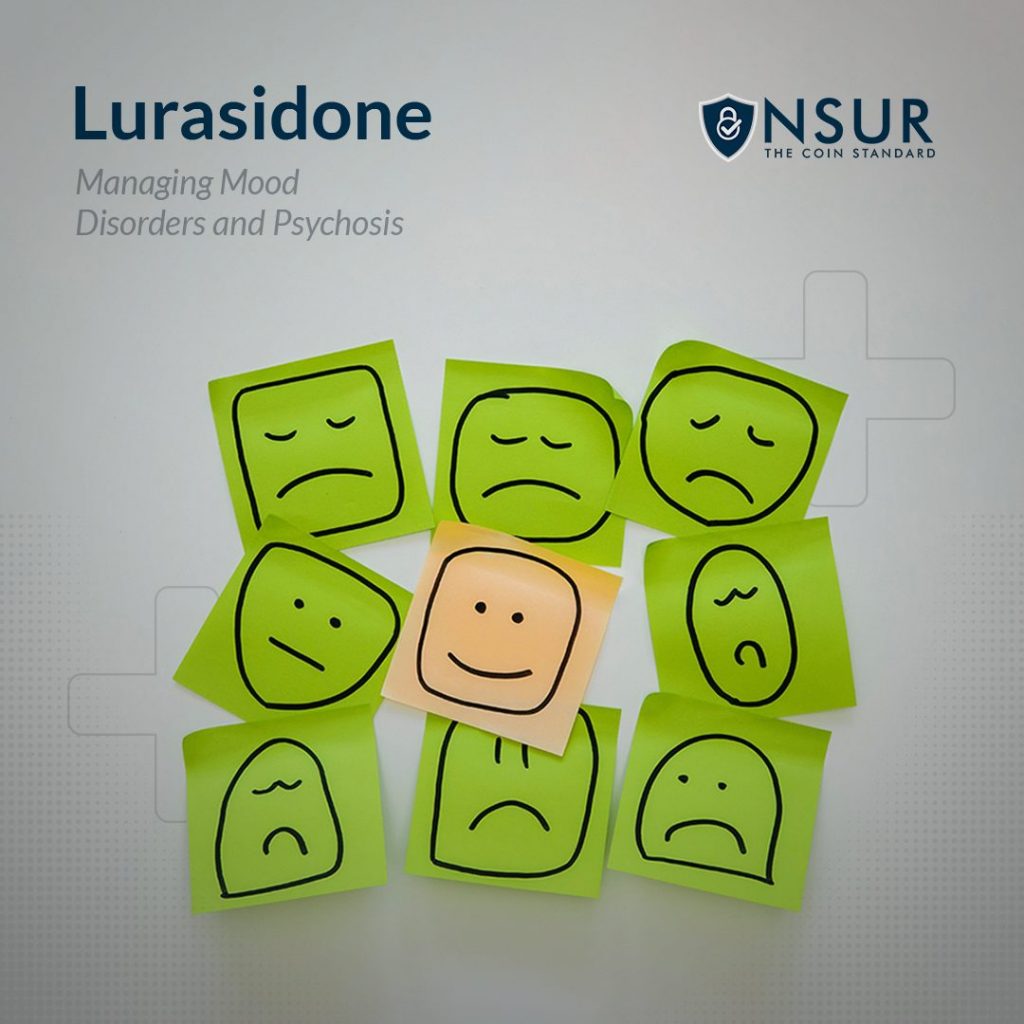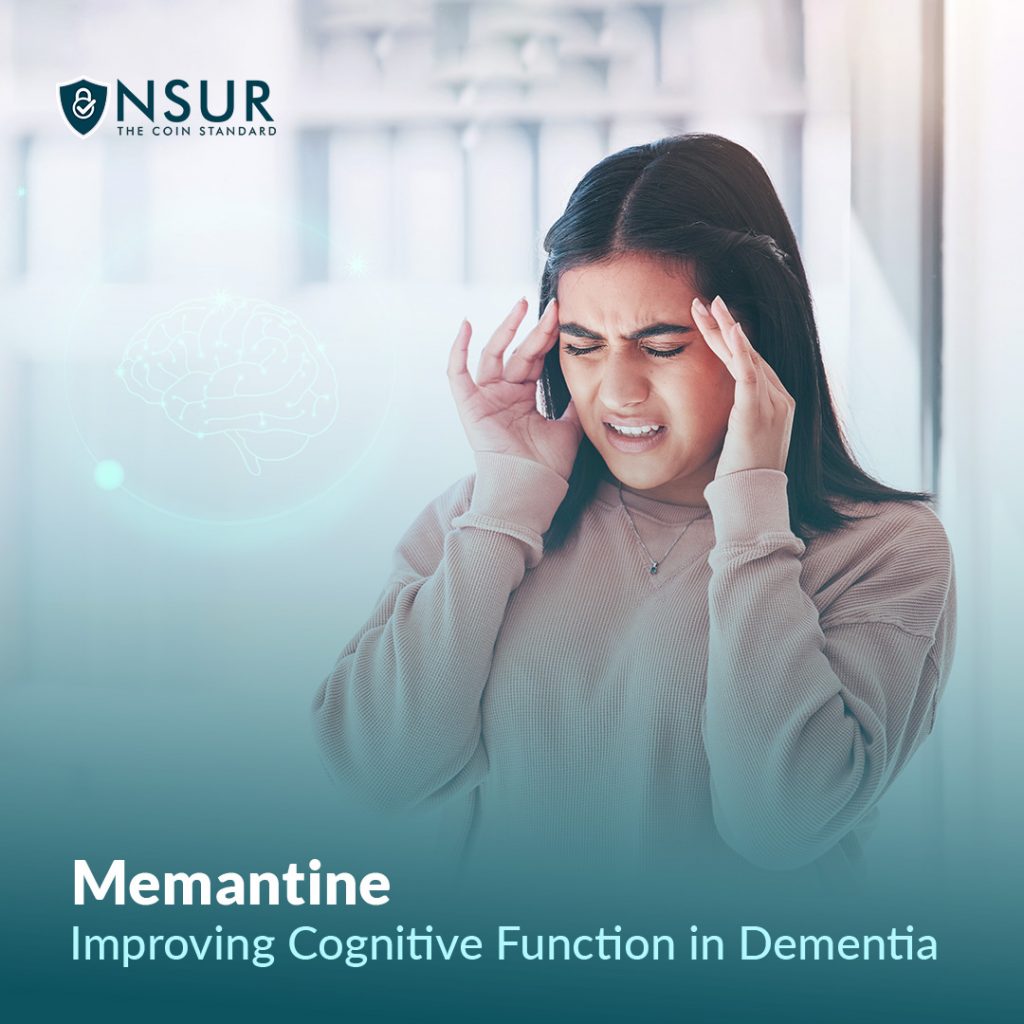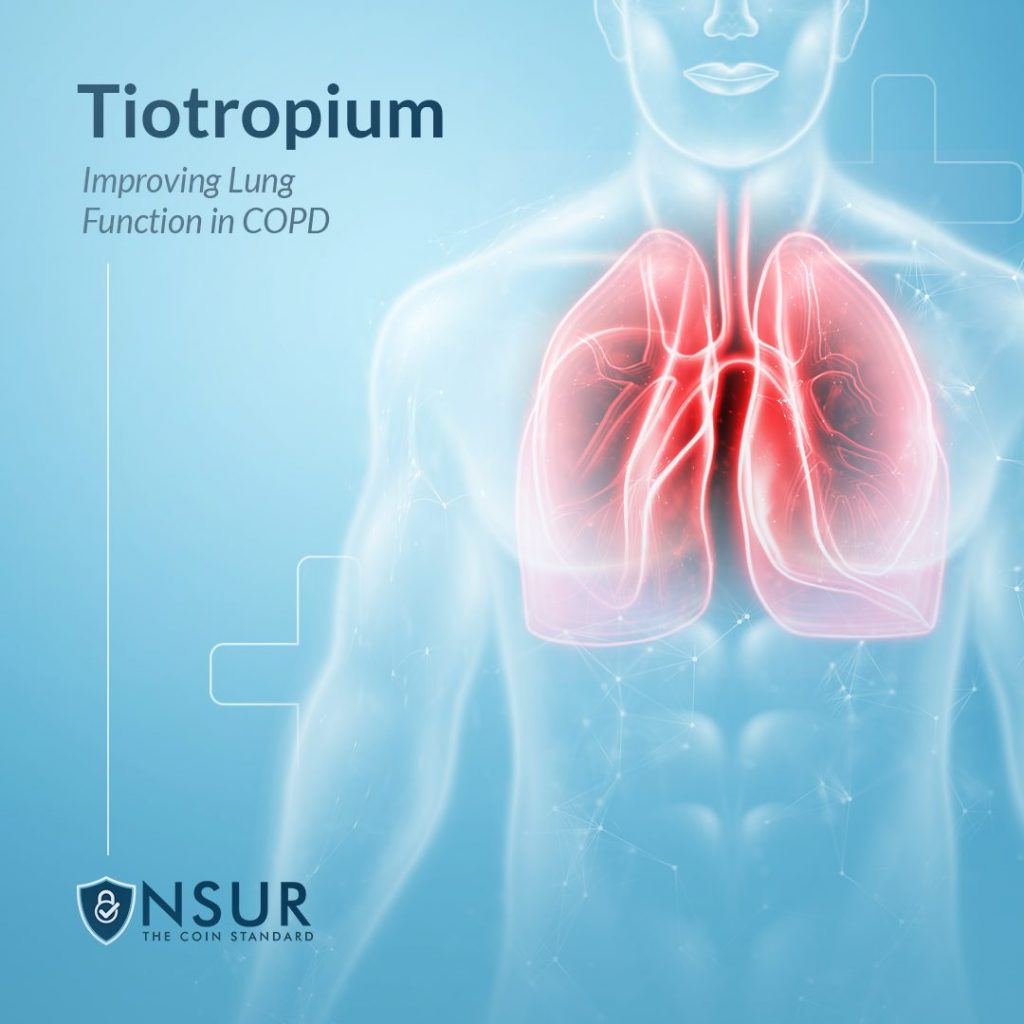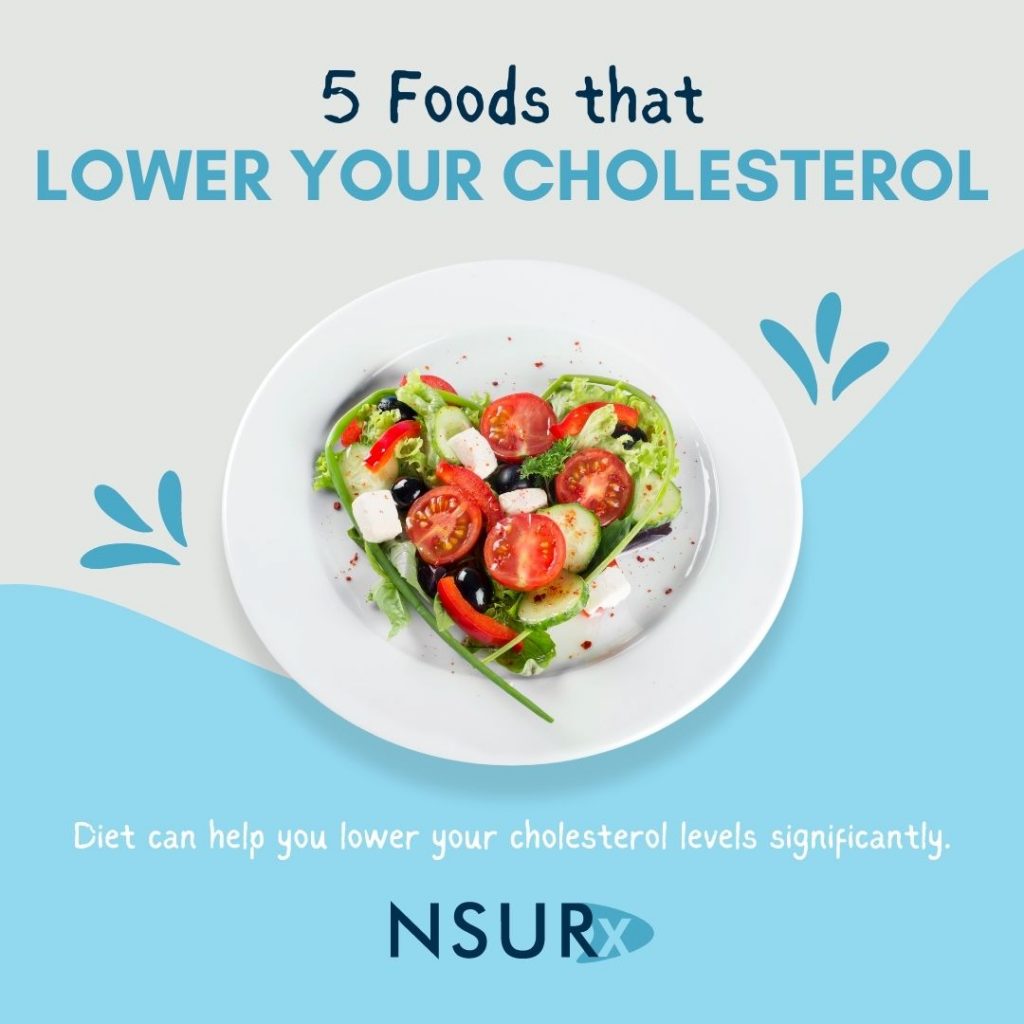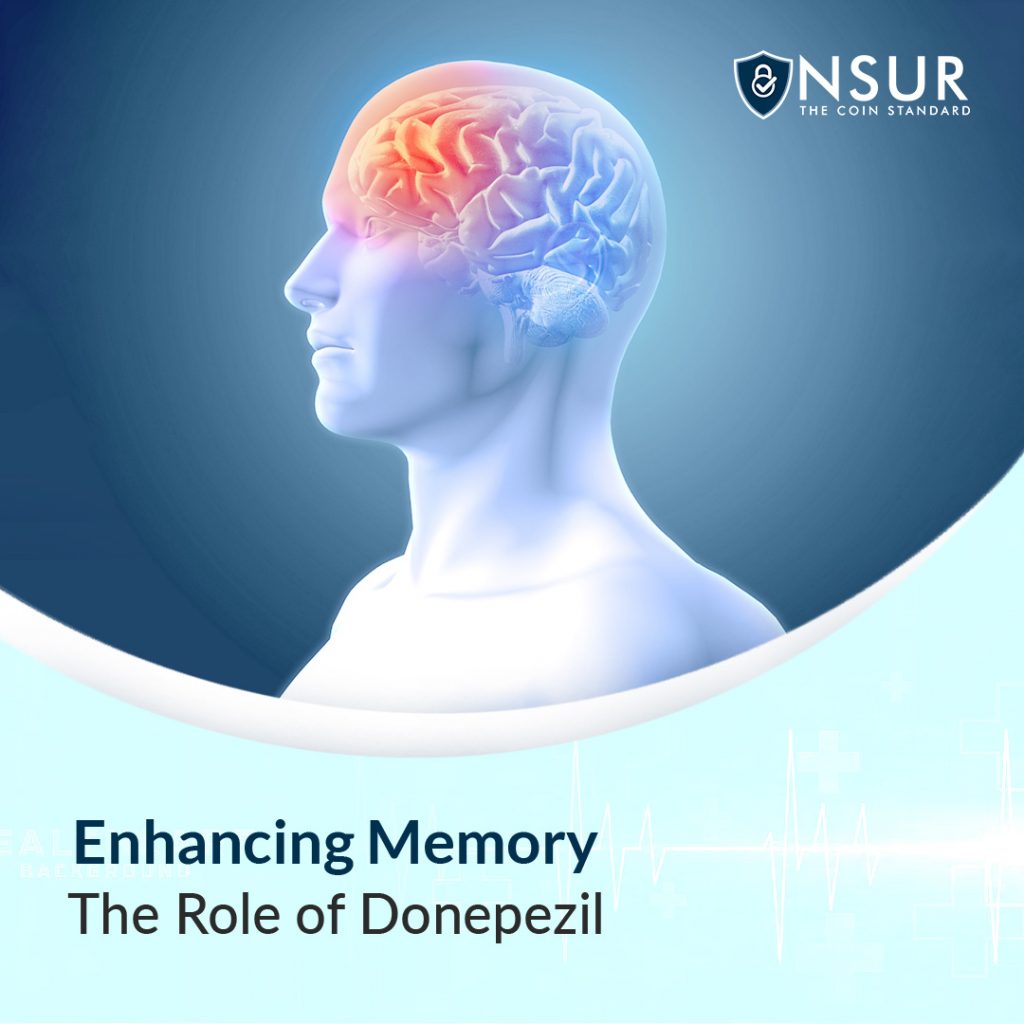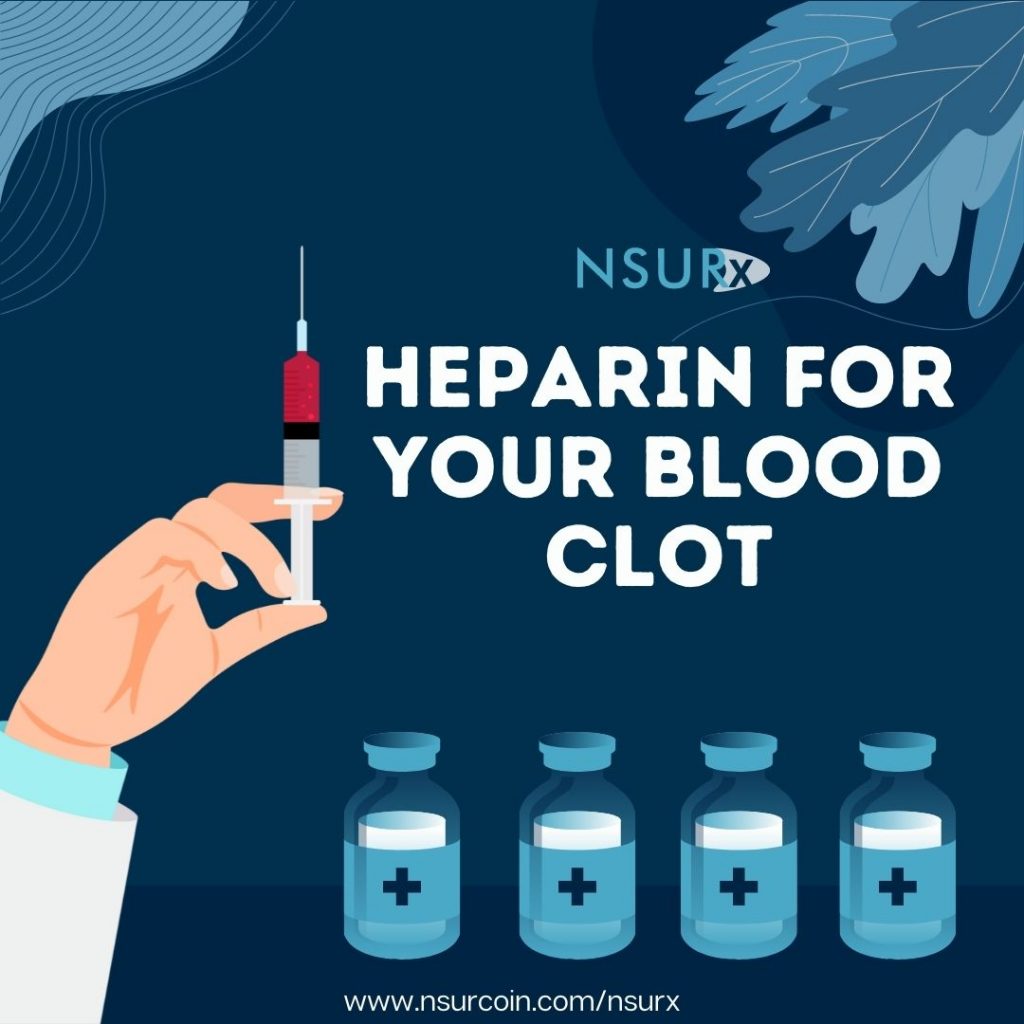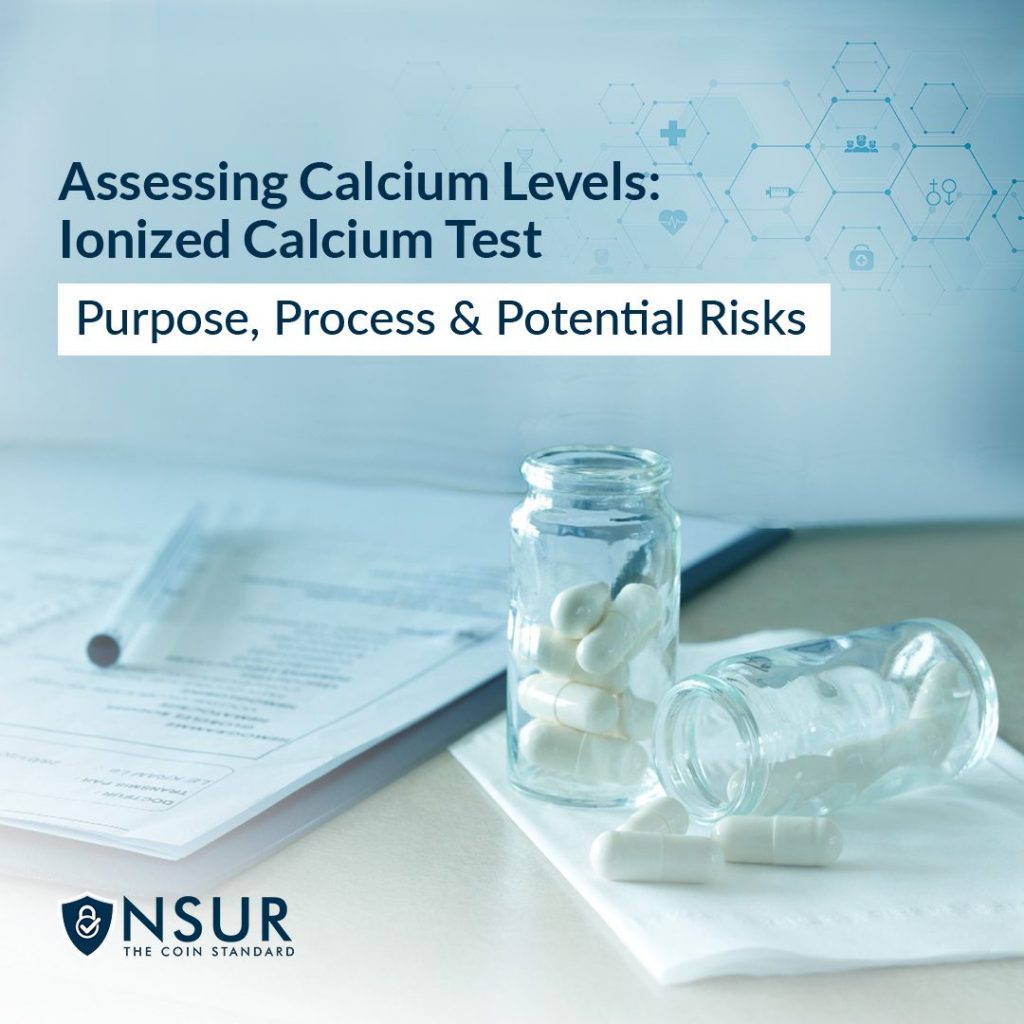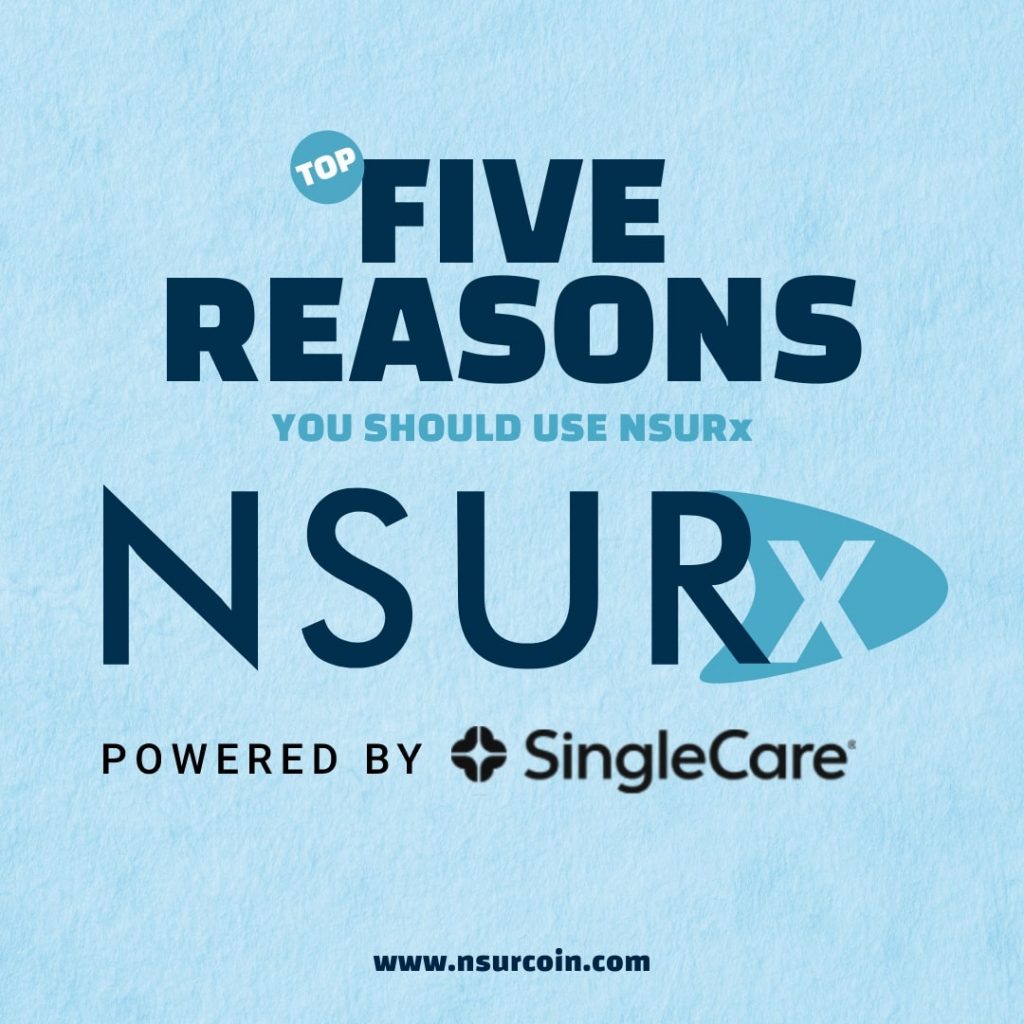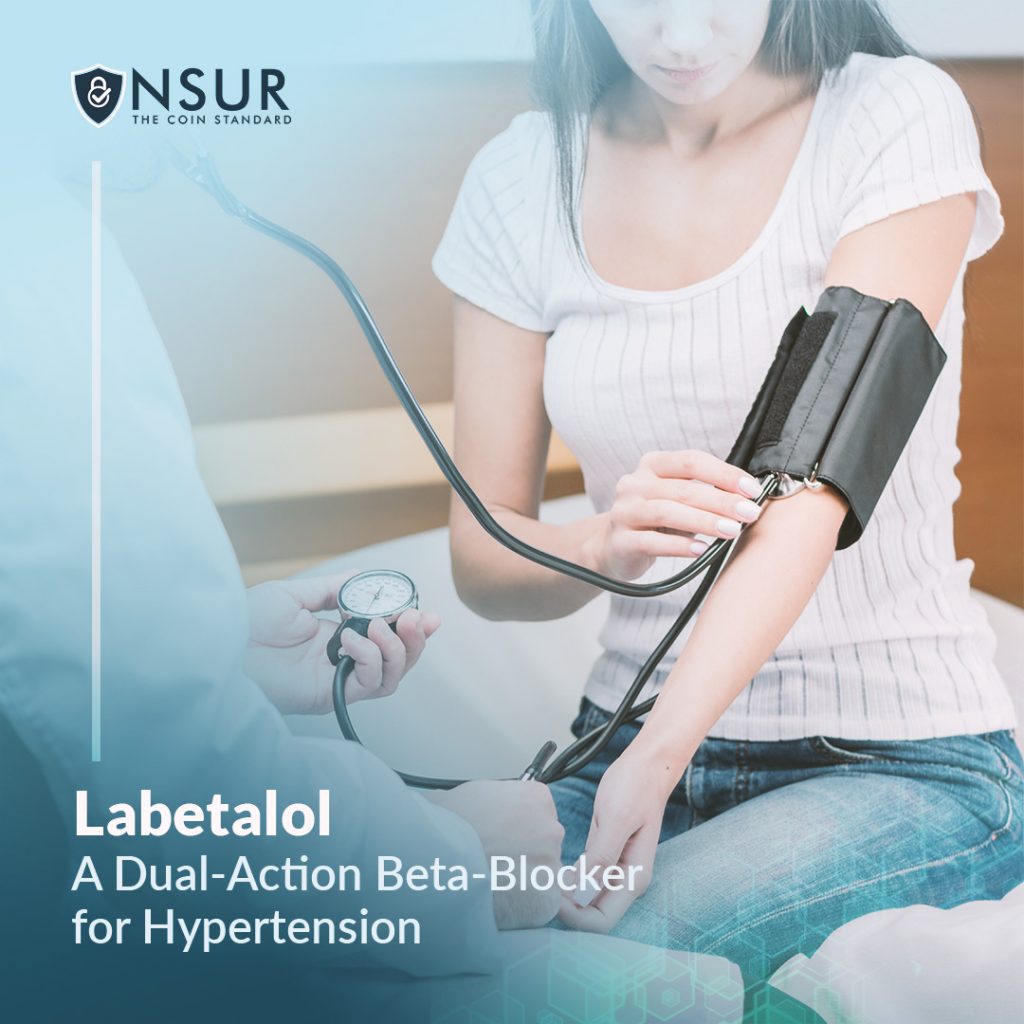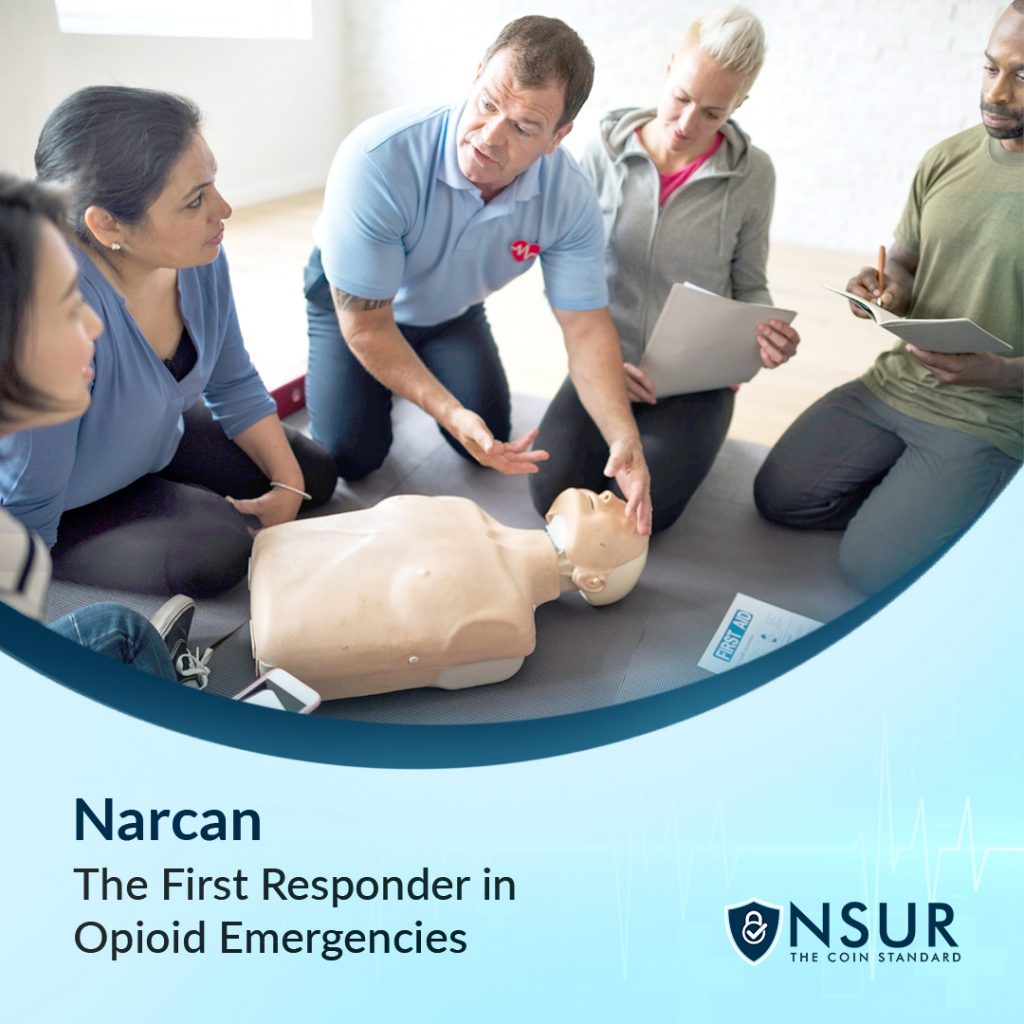
The opioid crisis has been a recurring headline for several years. The surge in overdose cases is alarming, with thousands of lives lost annually. Fortunately, amidst this bleak landscape emerges a potential life-saver: Narcan. Let’s delve into understanding what Narcan is, how it works, and why it has been termed the “first responder” in opioid emergencies.
What is Narcan?
Narcan, known generically as naloxone, is an opioid antagonist. In simple terms, it is a drug that can reverse the effects of an opioid overdose. Originally approved by the FDA in 1971, its significance has only grown with the escalating opioid epidemic.
How Does Narcan Work?
Opioids, including drugs like heroin, fentanyl, and prescription painkillers, function by binding to opioid receptors in the brain. This binding can cause feelings of euphoria but also slows down essential bodily functions like breathing. In an overdose scenario, a person’s respiration might slow down to dangerous levels or even halt, leading to potential death.
Narcan, when administered, competes with opioids for these receptor sites. It effectively knocks the opioids off the receptors, allowing a person’s breathing to resume more normally. It’s vital to understand that Narcan is not a treatment for opioid addiction; it’s an emergency, short-term response to an overdose.
Narcan as the First Responder
In many emergency scenarios, time is of the essence. The brain can only survive for a few minutes without oxygen. Given this, the rapid administration of Narcan in an opioid overdose can mean the difference between life and death.
To amplify its effectiveness:
- Increased Availability: Various states and organizations are making efforts to make Narcan more accessible to the public, particularly those at risk of an overdose or those who might witness one. Some states even allow pharmacies to dispense Narcan without a direct prescription.
- Training: Along with providing Narcan, there are now numerous training programs that teach people how to recognize the signs of an overdose and properly administer Narcan.
- Safety Profile: Narcan has a high safety profile. If given to someone who hasn’t taken opioids, it generally has no harmful effects. This means that in uncertain situations, it’s better to administer it if an opioid overdose is suspected.
Administering Narcan
Narcan can be administered through a nasal spray or an intramuscular injection. The nasal spray version is popular as it’s easy to use, even for those without medical training. The steps are straightforward:
- Lay the person on their back.
- Insert the nozzle into one nostril, tilting the person’s head back.
- Press firmly to release the dose.
- Monitor the individual and call emergency services immediately.
It’s crucial to remain with the overdosing person even after administering Narcan. Its effects last only 30-90 minutes, and the person can re-enter the overdose state if there are still opioids in their system.
Take advantage of NSURx for your prescription drugs!
With the NSURx Prescription Benefit Card, you can save money on your medications at more than 35,000 pharmacies across the United States.
You can save up to 80% on your medication by using an NSURx card. Hundreds of dollars in savings could be yours every time you fill out your prescription.
The more you shop with NSURx, the more NSUR Coins you will receive as a reward.
Conclusion
The opioid crisis is a multifaceted problem requiring comprehensive solutions. While Narcan isn’t a cure for addiction, it stands as a beacon of hope in emergency scenarios. With increased public awareness, accessibility, and training, many more lives can be saved.
Remember, if you suspect someone is overdosing, administer Narcan if available and call for professional medical help immediately. You could be saving a life.
Disclaimer
This blog post is intended for informational purposes only and should not be considered a substitute for professional medical advice. Always consult with a qualified healthcare provider for personalized recommendations and guidance.

